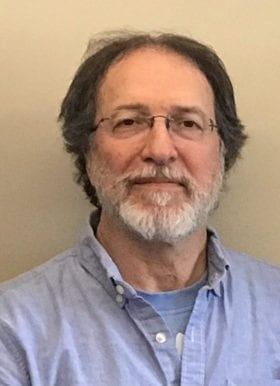EXPERT PANEL
CONSULTANTS
SERVICES
Instruments
Contact Stephen Pak (stephen.pak/at/wustl.edu) or Cliff Wolf (cjwolf/at/wustl.edu) for more information about instruments and resources
1. Microinjector
- Used for generation of transgenic animals
2. Fluorescent stereo microscopes
- 3x, for selection of transgenic animals and basic phentotype analysis
3. Leica SP8X scanning confocal microscope
- With 405 and white light tunable lasers
4. ThermoFisher CellInsight CX-7 High-Content Imager
- High throughput RNAi and drug screening
- Automated phenotype quantification
- Automated image acquisition in 96- and 384-well formats
5. BioTek Cytation 5 Imager
- Similar to the CX-7
6. Biotek BIOSPA
- Robotic microplate handler and live cell incubator
Other Resouces
Expression Vectors
Array of expression vectors of transgene expression in various tissues/cell types
Localization Vectors
Collection of vectors for subcellular protein localization studies (ER, lysosome, peroxisome, endosome, autophagic vesicles, etc)
Genome Editing
CRISPR/Cas9 genome editing
RNAi Library
C. elegans whole genome RNAi library (Ahringer)
Small Molecule Library
Compound libraries for drug screening and repurposing (Prestwick Library)
Current Collaborations
- A model of Alpha-1-antitrypsin deficiency (ATD) with Dr. David Perlmutter (Pediatrics)
- Drug screening using the C. elegans model of ATD with Dr. David Rudnick (Pediatrics)
- Modeling rare variants of ABC transporters with Drs. Sesh Cole and Jennifer Wambach (Pediatrics)
- Development of a C. elegans model of Wolfram Syndrome with Dr. Fumihiko Urano (Medicine – Endocrinology)
- A model of pancreatitis caused by accumulation of misfolded lipases with Drs. Mark Lowe and Xunjun Xiao (Pediatrics)
- A C. elegans model of Neimann-Pick Type C disease with Dr. Daniel Ory (Medicine – Cardiology)
- Undiagnosed Diseases Network – NIH-funded national network designed to functionally test the pathogenicity of human variants in model organisms.

